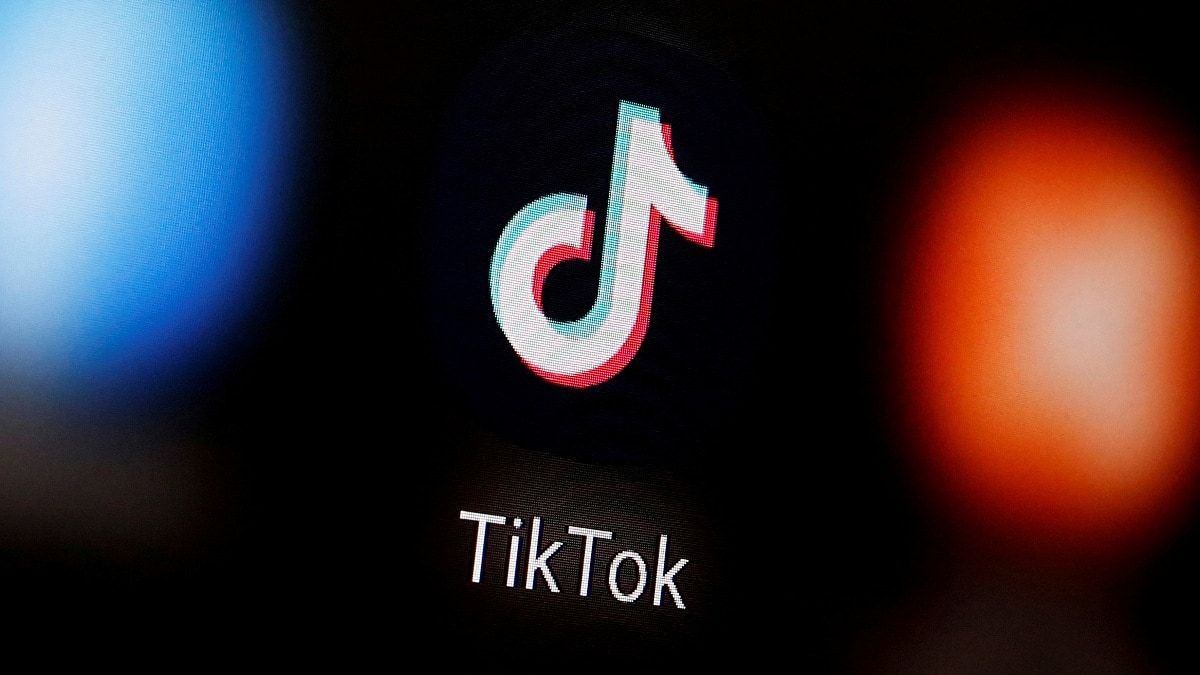President Donald Trump said on Thursday that he does not plan to extend a deadline for ByteDance to sell TikTok’s US business, with the process still mired in uncertainty.
Trump has repeatedly said the deadline for the sale of the short video app is September 15, although that was not the date stipulated in either of the two executive orders his administration issued in August.
The first order, banning US companies from transacting with the Chinese company or its subsidiaries, gave a September 20 deadline. The second, with a deadline of November 12, demands that Bytedance sell TikTok due to national security concerns.
Microsoft and Oracle are among the suitors for TikTok’s US assets. Operations in Canada, New Zealand and Australia are also part of the deal.
The White House did not immediately respond to a request for comment.
White House economic adviser Larry Kudlow told Reuters the administration is not picking winners and losers in the TikTok deal and that it is waiting for new developments to unfold, without offering more details.
Kudlow did not offer more clarity on the confusion over the deadline. “I would take him at his word,” Kudlow said, referring to Trump.
Moving Deadline
Trump first told reporters on July 31 that he planned to ban TikTok in the United States within 24 hours.
But on Aug. 3, after Microsoft revealed it was in talks to buy parts of TikTok, Trump said he would give ByteDance 45 days to sell to a US buyer. Then, on August 6, Trump issued the executive order banning transactions with ByteDance and its affiliates in 45 days, effectively a September 20 deadline.
Who has to approve a deal?
ByteDance and the potential TikTok buyers have to come up with a deal acceptable to the Committee on Foreign Investment in the United States (CFIUS), an inter-agency group.
The Trump administration does not want ByteDance to have any continued interest in TikTok, and expects a tech company to be the lead investor in the short video app.
China’s commerce ministry joined the party on August 28 with a revised tech export control list that experts said would give it regulatory oversight over any TikTok deal.
This means Beijing’s sign-off is likely to be needed, too, something many observers doubt will happen immediately. The rules say that it can take up to 30 days to obtain preliminary approval to export the technology.
Last week, when asked about how the rules could impact the TikTok deal, the Chinese commerce ministry said the regulatory changes are not targeted at specific companies, but reaffirmed their right to enforce the rules.
If no deal by September 20?
If the deadline is not extended, then transactions with TikTok would be banned, although exactly which ones has not been specified.
Reuters has reported the executive order could make advertising on the platform illegal and TikTok has been preparing advertisers for such an outcome.
The US is likely to ban TikTok from being downloaded from app stores, Reuters has also reported.
However, it is unclear whether there are transactions that can be prohibited that would prevent users who have already downloaded TikTok from using it.
When confronted with a ban in India, TikTok chose to shut down voluntarily.
Does TikTok have any other options?
TikTok and ByteDance filed a lawsuit in Los Angeles federal court on August 4 against Trump’s executive order, calling it a pretext to fuel anti-China rhetoric.
Trump’s second order
On August 14, the Trump administration issued another executive order that required ByteDance to divest its interest in video-sharing app TikTok’s operations in the United States within 90 days. This suggests a deadline of November 12.
The second order did not say what might happen if ByteDance failed to comply.
© Thomson Reuters 2020
